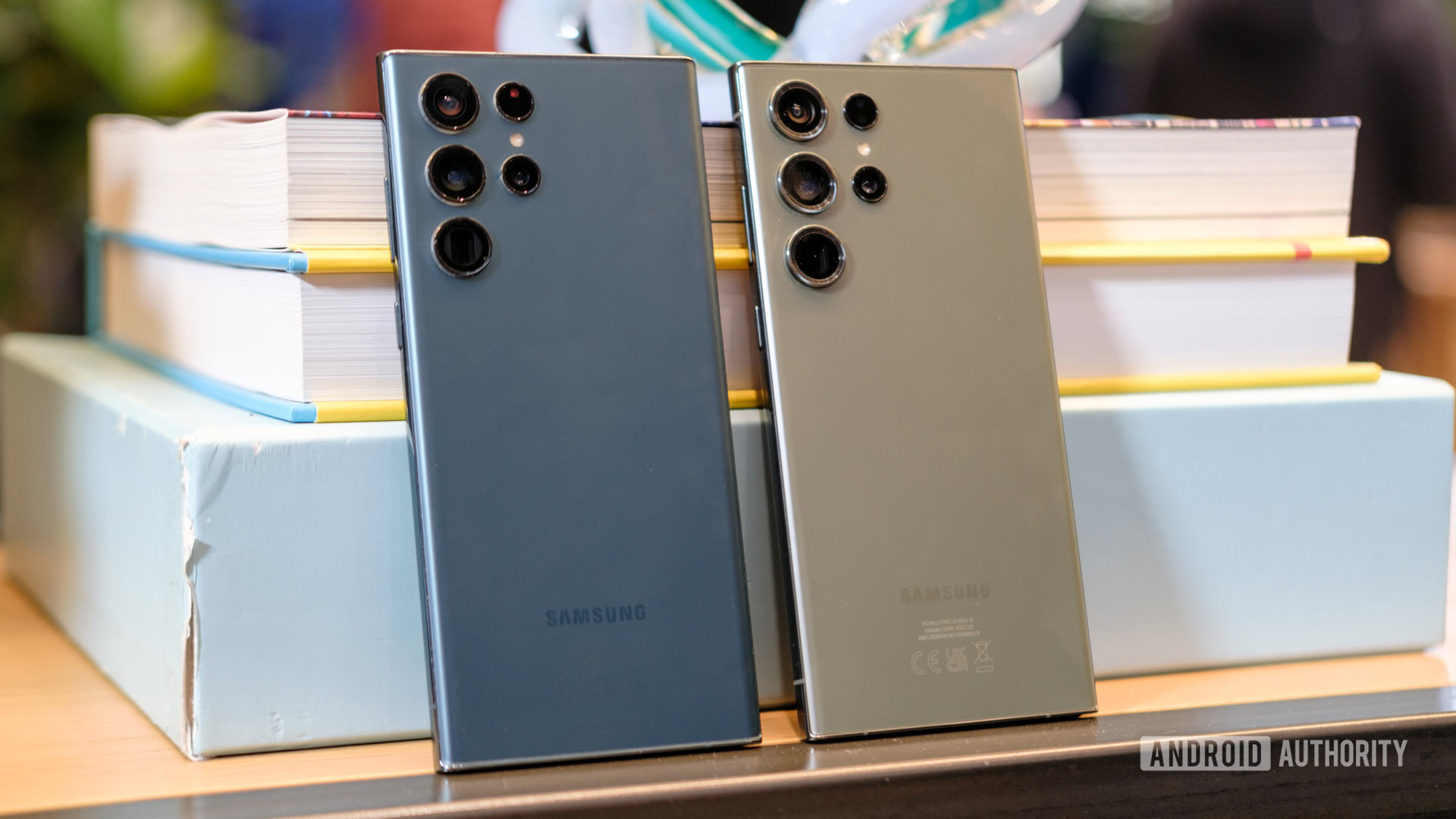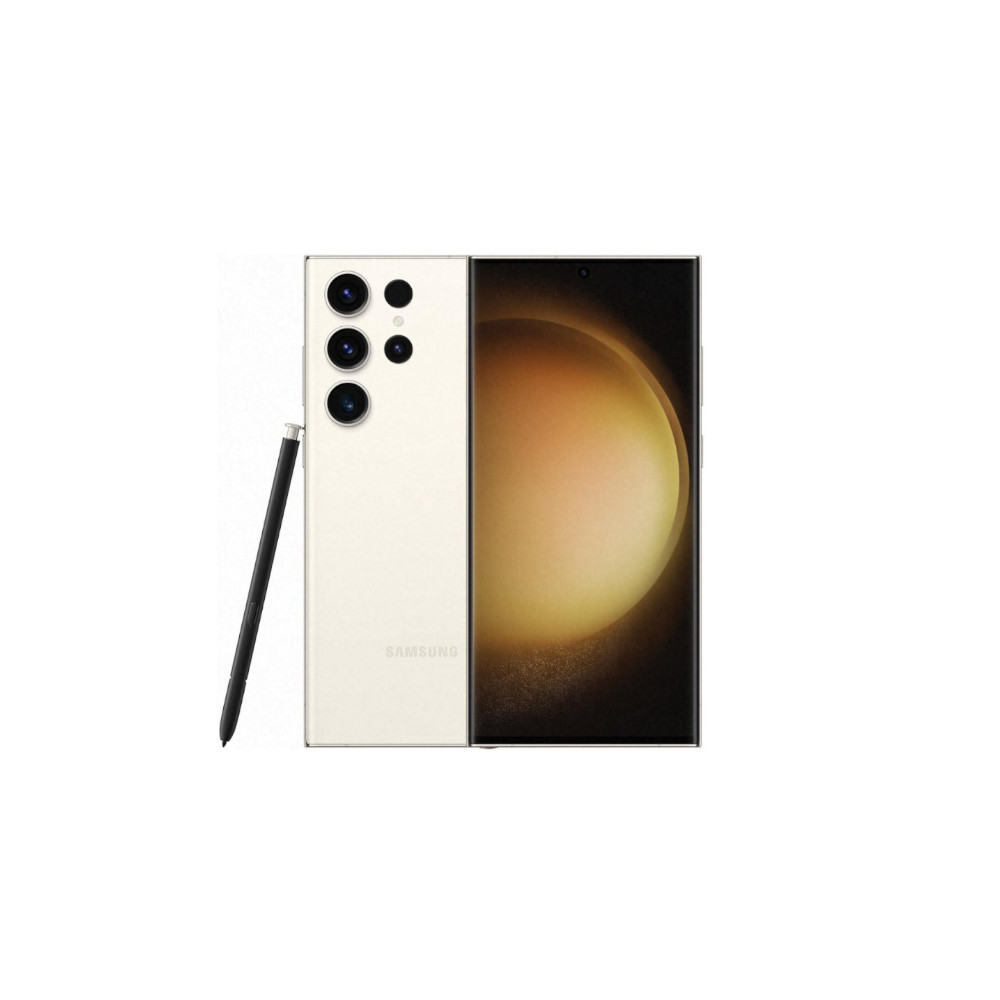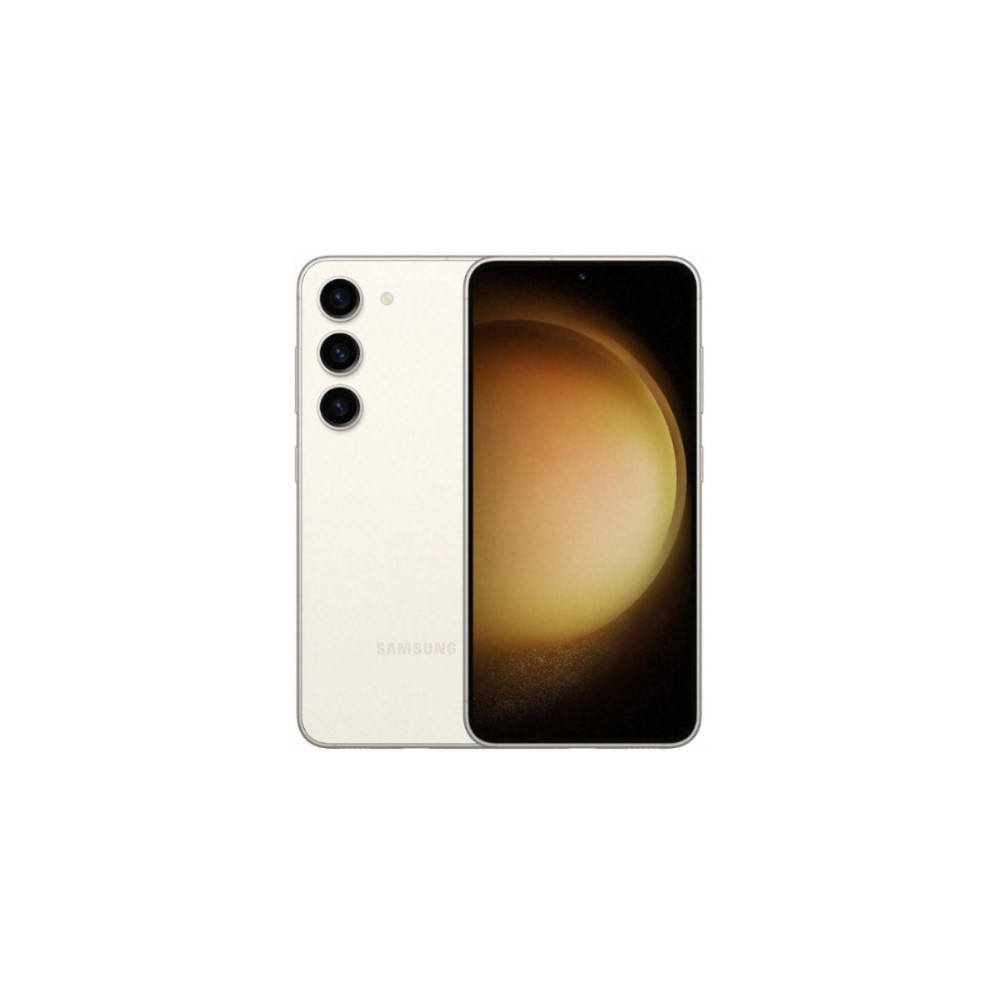Affiliate links on Android Authority may earn us a commission. Learn more.
Yo Samsung, if 200MP is better than 108MP, then 40MP is surely better than 12MP?
The Samsung Galaxy S23 series is official and at its helm is the Galaxy S23 Ultra, one of the biggest, baddest, and most powerful Android smartphones we’ve ever seen. The crown jewel of Samsung’s flagship? That new 200MP camera sensor on the back. It’s 92 more megapixels than its predecessor’s measly 108MP sensor and Samsung can’t stop singing its praises. What the company didn’t emphasize is that the front-facing sensor dropped from 40MP on the Galaxy S22 Ultra to 12MP on the S23 Ultra. Oh, well, ಠ_ಠ.
Do you think a 12MP selfie camera is a downgrade from 40MP?
Look, I realize how silly this article and my premise are. We’re some of the first people to criticize empty claims of megapixel counts that don’t amount to much in the real world — looking at you, 200MP snapper on the Motorola Edge 30. We’re also perfectly aware that sensor size plays a bigger role in capturing light and improving output quality. And we’ve spent a lot of time looking at the benefits of post-processing and computational photography versus sheer megapixel counts. So why are we bringing this up?
I guess we just find the disparity between the two changes very amusing, especially Samsung’s subtle avoidance of the topic.
If megapixels were the end-all-be-all of better photography as the Galaxy S23 Ultra would have us believe, then the company should have stuck with the 40MP selfie camera. How could a newer phone have worse specs?! And if megapixels don’t matter and sensor size is more important, then maybe Samsung should’ve invested in making a bigger, better 108MP main camera instead of jumping to 200MP. That’s the simplest way to break this dilemma down.

Putting aside the humorous — and unenviable — situation Samsung’s marketing unit must’ve found itself in when it received the Galaxy S23 Ultra’s specs, we went looking for an explanation for this “downgrade.”
The contradiction between Samsung's megapixel upgrade and downgrade is quite amusing.
The most obvious reason is the unification of the entire Galaxy S23 lineup’s selfie cameras. All three models have the same front-facing sensor now, which likely reduces Samsung’s costs both in terms of development and parts supply. We still don’t know which exact sensor Samsung is using (previous leaks indicated the Isocell 3LU, which isn’t official yet), but the company is promising fast autofocus, Super HDR, and better night performance. Rumors also indicated a larger field of view for better group photos. We wouldn’t be surprised if this new 12MP sensor turns out to be bigger than the S22 Ultra’s Isocell GH1, which used pixel binning to get better 10MP photos from its initial 40MP resolution.
All in all, it seems this is more of a side-grade than a downgrade, potentially even an upgrade, despite what the numbers on paper would have you believe. We’ll keep an eye on this change and test it out with our own review unit, but in the meantime, please check our hands-on with the Galaxy S23 series.

Snapdragon 8 Gen 2 power
Bigger battery

Beautiful display
S Pen functionality
